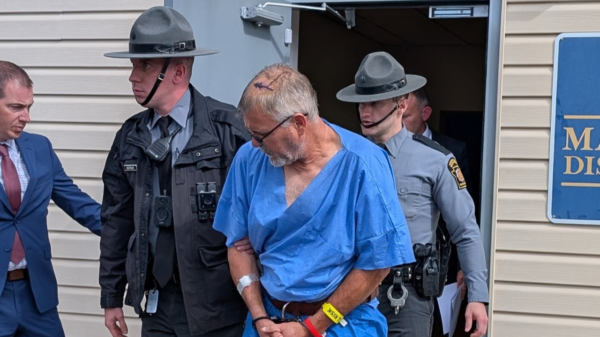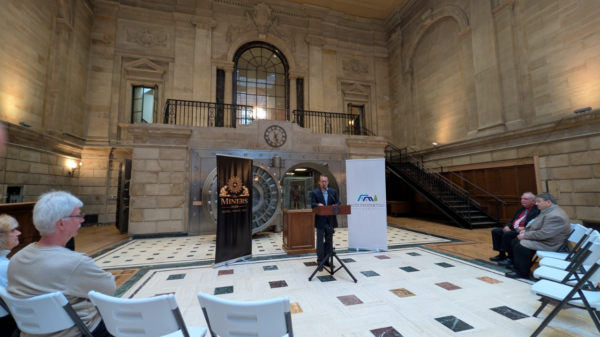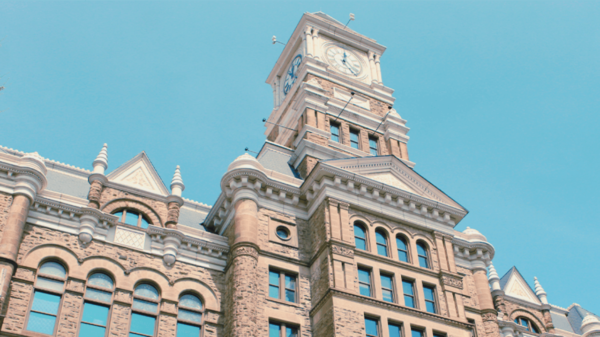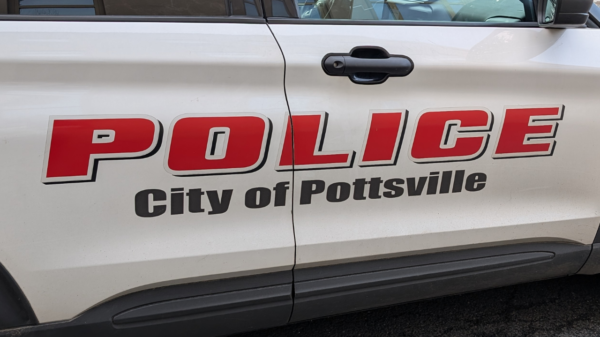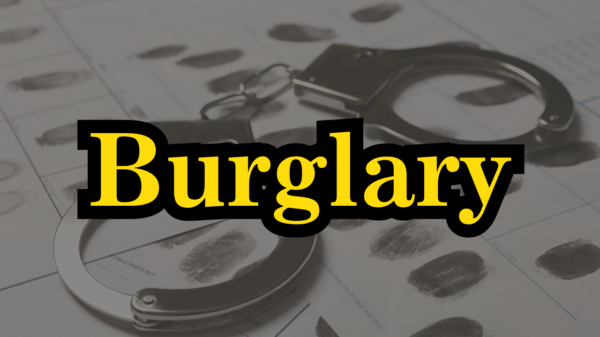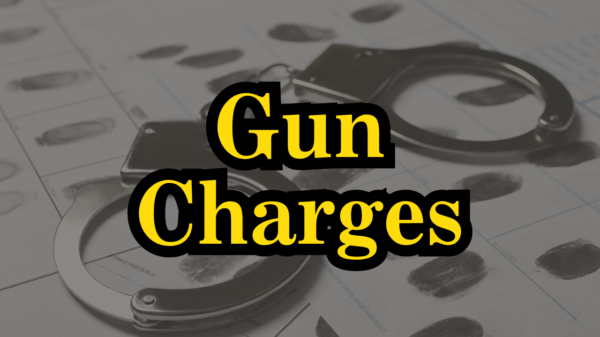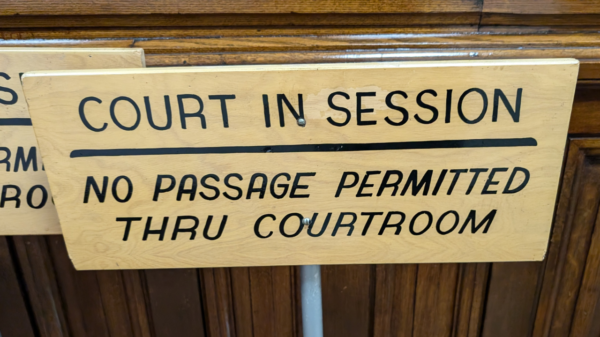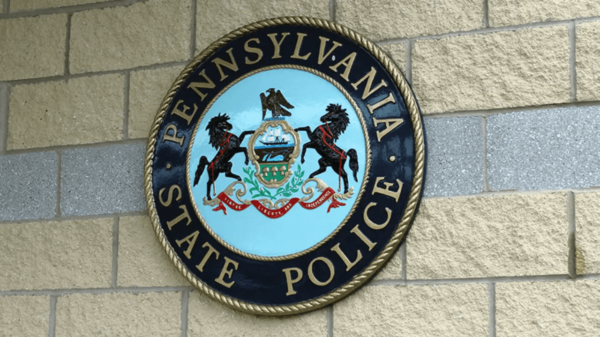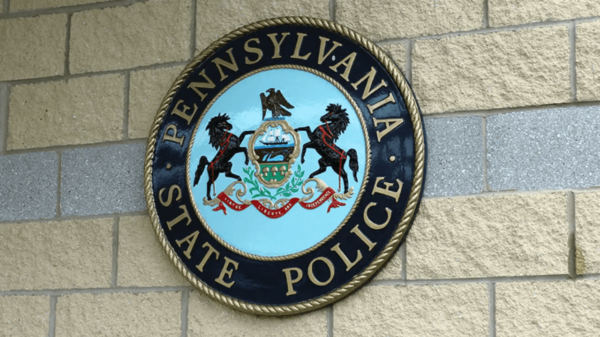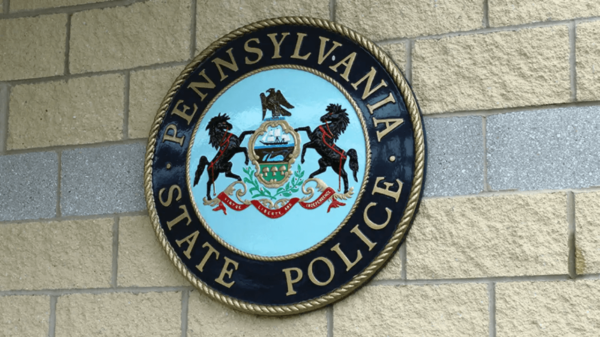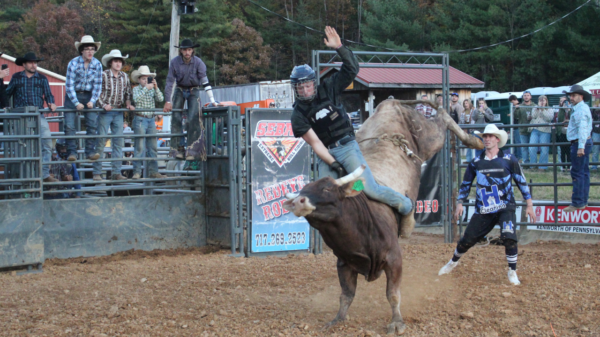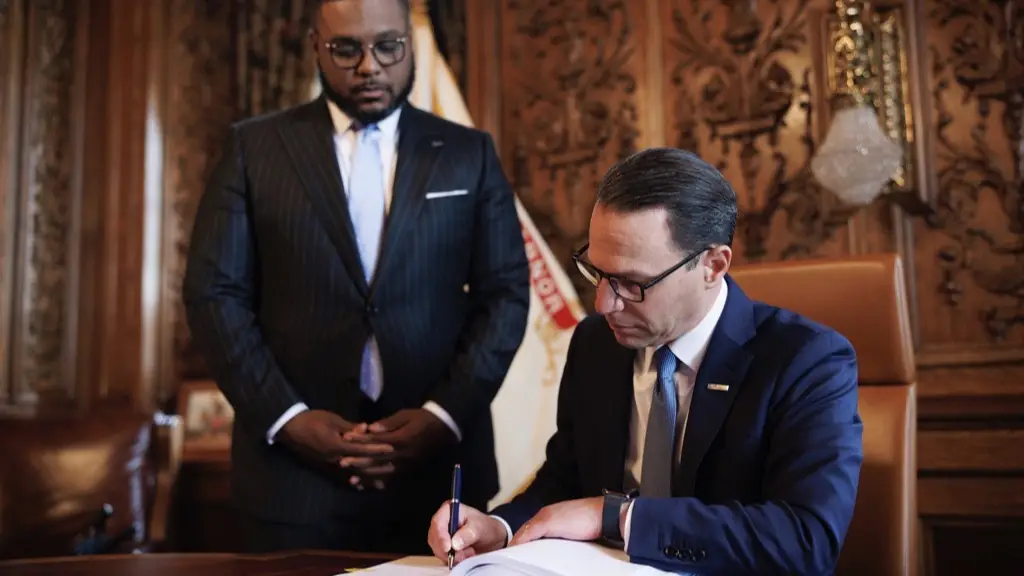Governor Josh Shapiro has enacted a bipartisan budget for the fiscal year 2023-24. The budget reflects the Governor’s stated aims to enhance the economy, promote healthier and safer communities, and improve schools. In the context of this budget, sizable allocations have been made towards Pennsylvania children’s education, business support, and infrastructure. It also includes provisions to help older adults and law enforcement personnel.
Shapiro is scheduled to sign another bill in Scranton, a major expansion of the Property Tax/Rent Rebate program. This measure is seen as a means of relieving the financial strain on seniors, a commitment made by Shapiro during his campaign.
During his seven-month tenure, Shapiro has reportedly achieved several objectives set during his campaign and in his budget address. These include the expansion of the Property Tax/Rent Rebate program, economic development initiatives, law enforcement support, and a significant increase in basic education funding.
The Governor stated that this budget and the rebate expansion represent his efforts to create opportunities and improve the well-being of Pennsylvanians. The Lieutenant Governor, Austin Davis, echoed these sentiments, suggesting that the budget directly addresses issues voiced by their constituents.
However, this budget saw the Governor exercising his veto power on the $100 million appropriation for the PASS scholarship program, which was originally included in the budget.
Some key allocations within the budget and Property Tax/Rent Rebate expansion include:
For the Property Tax/Rent Rebate Program, around 175,000 more Pennsylvanians will now qualify with the signing of HB 1100, and many of the current 400,000 qualifiers will see their rebates almost double.
In terms of education, this budget makes the largest ever increase in basic education funding (BEF) in Pennsylvania history, promising universal free breakfast for public school students.
The budget also includes allocations for community and economic development, with $20 million being set aside for the Historically Disadvantaged Business Program and $112 million for improving parks and forests.
There is a focus on expanding workforce training and vo-tech programs, as well as apprenticeship programs.
The budget includes measures to expedite the state’s licensing, permitting, and certification processes, such as creating the Office of Transformation and Opportunity.
For the first time in Pennsylvania history, there is state funding allocated for indigent defense.
Health and wellness are prioritized with funding for mental health services, maternal health programming, and Emergency Medical Services (EMS).
In terms of law enforcement, there is a provision for sustainable funding for the Pennsylvania State Police (PSP) and training for new troopers. There is also an increase in state funding for the Violence Intervention and Prevention program.
The budget includes an investment in the agriculture sector, with measures to help poultry farmers affected by the hi-path avian influenza crisis.
Subscribe to Coal Region Canary
Get email updates from Coal Region Canary by becoming a subscriber today. Just enter your email address below to get started!Support Coal Region Canary
Like our reporting and want to support truly local news in Schuylkill County? Your small donations help. For as little as $5, your contribution will allow us to cover more news that directly affects you. Consider donating today by hitting the big yellow button below ...




